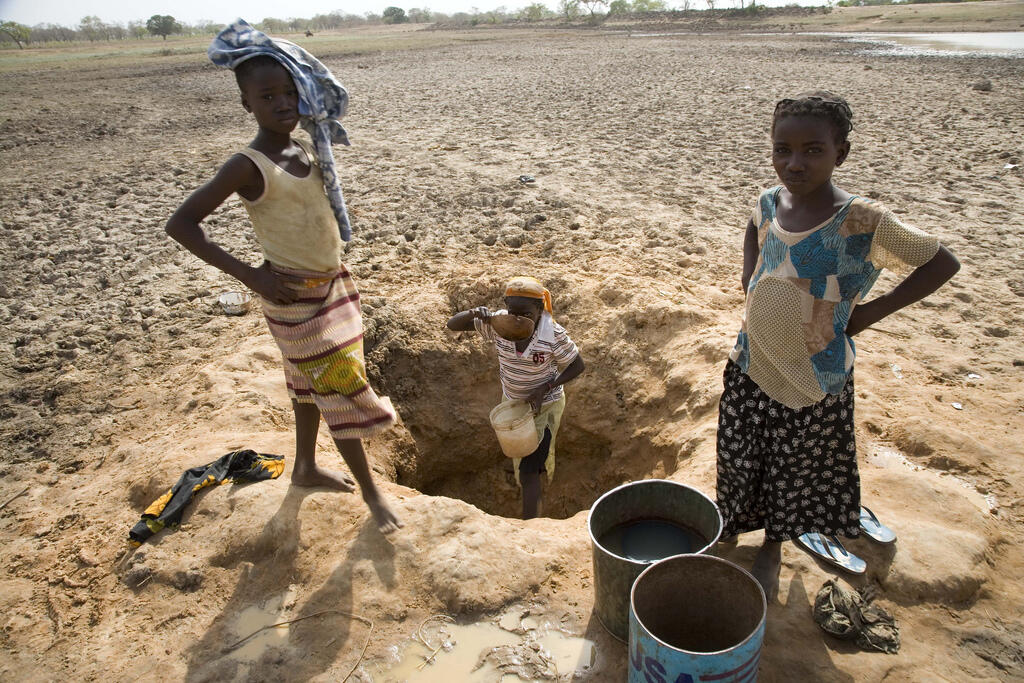
LSTM’s Emeritus Professor David Molyneux was a keynote speaker at the G7 Dialogue Forum – Science Conference this week ahead of the meeting of the G7 Summit 2015 in Germany in June.
It has been a long-standing tradition that the National Academies of the G7 states provide scientific advice on urgent topics for discussion at the Heads of State summit. This year the National Academies have prepared statements in relation to the Future of the Oceans, Infectious Diseases and AntimicrobialResistance and Neglected Tropical Diseases. Professor Molyneux has been invited to give the key note address on Neglected Tropical Diseases to an audience representing the Academies of G7 countries, policy makers, scientists, the pharmaceutical industry and NGDO’s. The statements on these issues were formally handed over to the 2015 G7 Chair Chancellor Dr Angela Merkel, in Berlin on Wednesday 29th April.
Professor Molyneux spoke about the first time that the term NTD was coined, at a meeting 10 years ago in Berlin, about the remarkable progress that has been made in the last decade and the work that still needs to be undertaken to achieve the goals that were set at the London Declaration in 2012.
Professor Molyneux talked about the rationale for policy and priority regarding NTDs, how the “bottom billion”- those living in some of the world’s poorest communities, are the ones most at risk of NTDs. Only 0.6% of overseas development assistance for health is allocated to NTDs despite the fact that more than two billion people are at risk of death and disability because of them. He talked about the vital partnerships that have been developed with pharmaceutical companies, NGDOs and Civil Society and how donated drugs have been utilised in control programmes throughout the world. Since 2000 over 5 BILLION treatments have been delivered.
He also addressed the challenges ahead, the impact of conflict and displacement on the global health landscape and how innovation is required to address those challenges in a post 2015 era. He concluded that we cannot allow the NTDs to be side-lined - there are simple cost effective solutions to these problems and NTDs represent low hanging fruit, free drugs are available and interventions are highly effective at low cost. Policy makers must be convinced that NTDs are the markers of poverty, that control of these diseases reflect the capacity of health systems to reach universal health coverage ensuring healthier communities and by default reducing the burden of poverty. Capacity is required at all levels across the broad spectrum of health sciences to address what Professor Molyneux has coined the chronic pandemic of NTDs.